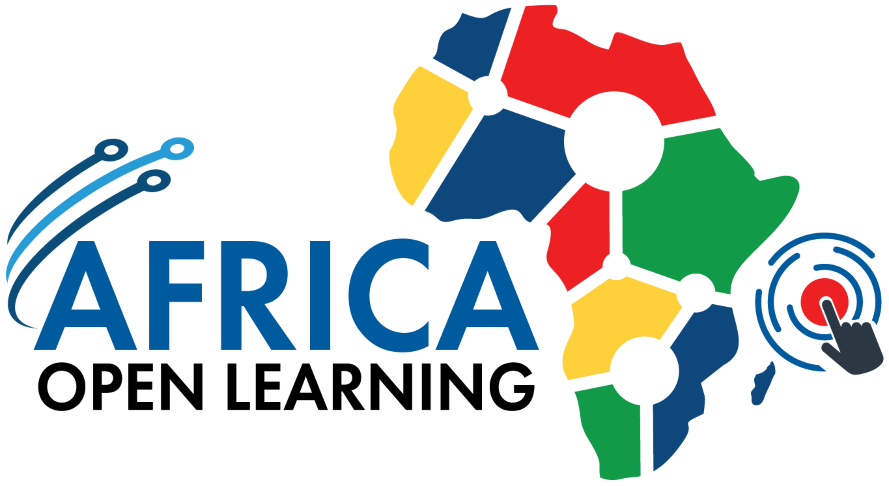Flexible Learning That Enhances Your Potential
Micro-credential certification in English Phonetics and Phonology (BEd)
This is an introduction to general phonetics and phonology. It gives students an overview of the approaches to the study of phonetics, the role and importance of each approach, how speech sounds are produced and transmitted, the production, recognition and transcription of speech sounds and RP phonemes, the effect of the phonetic environment on segmental phonemes, syllables, stress, and rhythm: vowel reduction, strong forms, weak forms and speech simplification strategies in English.
 This programme is designed, delivered, assessed and awarded by SEGi University through the Africa Open Learning Platform.
This programme is designed, delivered, assessed and awarded by SEGi University through the Africa Open Learning Platform.
- Introduction to Phonetics
- English Consonants
- English Vowels
- Introduction to Phonology
- The English Syllable
- Word Stress
- Connected Speech
- English Intonations
- Functions of Intonations
- Variation in English Accents
Coursework 1 - 30%
Coursework 2 -30%
Quiz - 10%
Report - 30%
- Bachelor of Education (Honours)
- Master of Education by Research
- Master of Education by Coursework
School leavers who want to get a head start before joining an academic programme or a working adults who want to upskill or learn a specific skill; work with rapidly changing technology; and/or acquire specialised skills sought after by employers.

